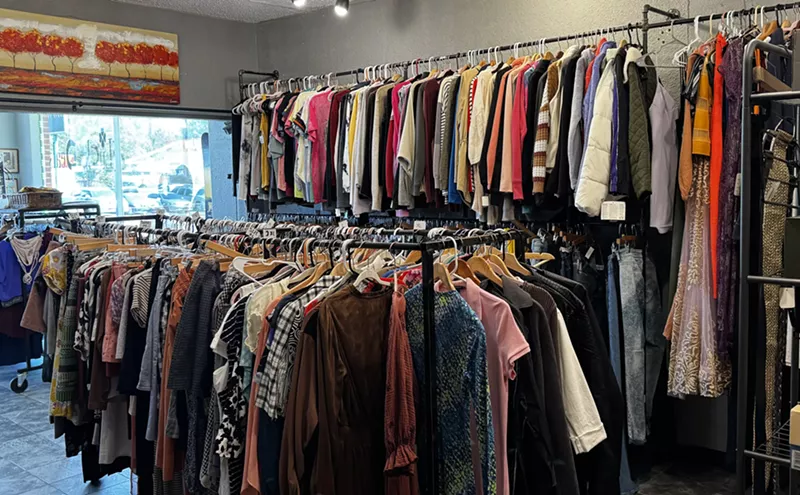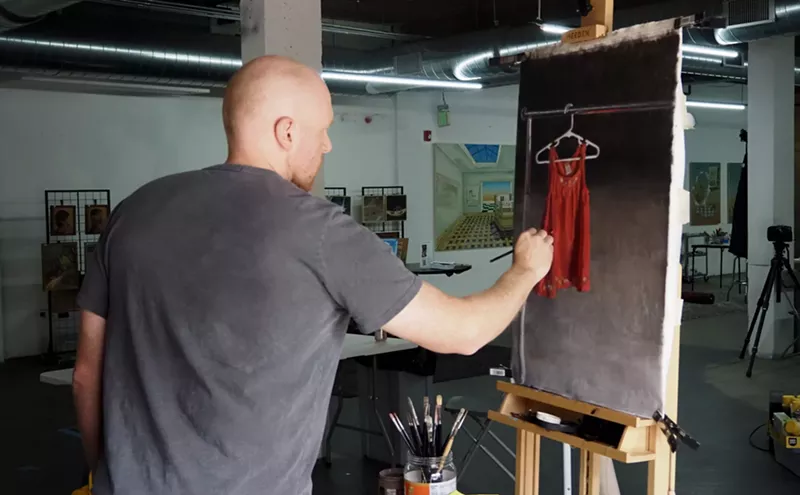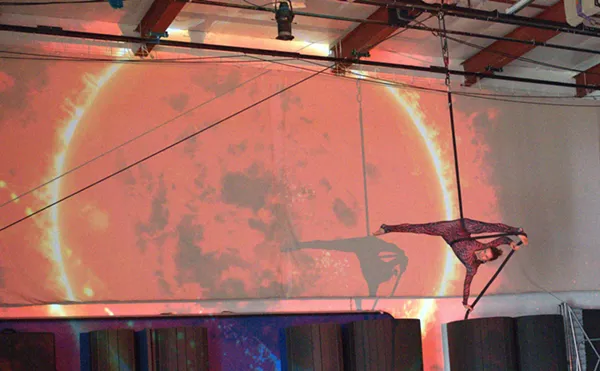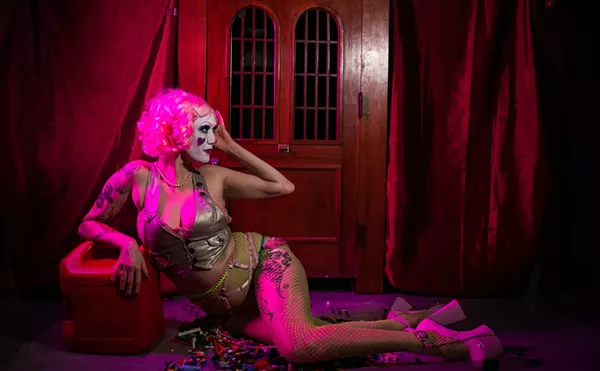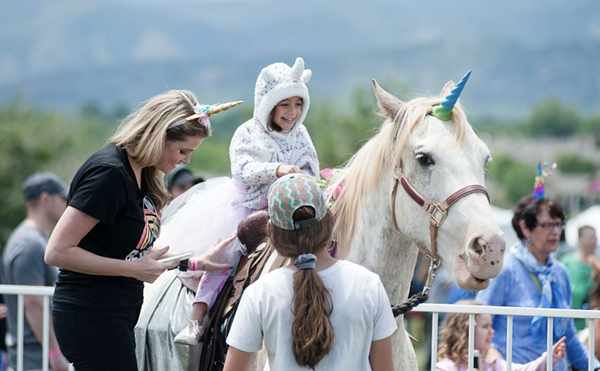Cold-calling exhibition venues isn’t usually part of a curator’s job when creating an art show, but that’s exactly what University of Colorado Boulder art professor George Rivera did when he jumped departments in the ’90s after twenty years of teaching sociology. It started with his idea of shaking things up by mixing his two academic disciplines.
“I looked around there and saw little happening in reference to social consciousness in the art world,” Rivera says. “There was no emphasis on it in the art department. So I decided to start a group to address the kinds of issues I thought should be addressed by artists.” That was the beginning of Rivera’s Artnauts — a collective of artists willing to tackle human issues in their work — at least on a smaller scale. “But it grew very quickly,” he notes, in spite of a lack of interest at the time in socially conscious artwork within the art community at large. “I didn’t get much of a local response, so I decided to go international.”
Why Artnauts? The obvious explanation, says Rivera, is “because we go around the world; we circle the globe like astronauts.” More obliquely, it’s a play on words, he adds: “It’s ‘art not’ as in not art as usual — not decorative art, or art for art’s sake, but art making a profound statement about who we are in the world.”
Rivera began singling out places in turmoil around the globe and proposed shows that served as international exchanges of information and dialogue with disenfranchised cultures. “I started making cold calls to places of contention and conflict, where people were experiencing major social issues," he recalls. "I call people on the phone after doing research to see what art spaces there are, and then I contact them directly until I get somebody to speak English.”
For Rivera, the tactic has led to serendipitous exhibitions that have traveled to post-Pinochet Chile, Colombia, Bethlehem and Ramallah in Palestine, Russia, on boats down the Amazon and, still to come in 2017, Sarajevo, Bosnia and Herzegovina, where a show will open in February exploring how that city’s placement along the Silk Road eventually brought a Muslim population to Eastern Europe.
Rivera even cold-called artist Richard Serra and convinced him to participate in one of several Artnauts shows in Palestine. “We go to places where most Americans never go, so they welcome us with open arms,” Rivera says.
After twenty years, Artnauts has established a track record for work driven by a desire to share our fears and social issues and find common ground with people of other cultures. But surprisingly, the collective has never officially exhibited a social-exchange show in the United States — until now. To celebrate twenty years of creating a global village through art, Artnauts will come home to roost right here in Denver, at RedLine Gallery. Now, more than ever, it’s the right time for us as Americans to reassess our own social issues at home and learn to see eye to eye.
“We do not all agree with American policies. We love our country, but we’re also critics of our country,” Rivera says of Artnauts. “That’s what we are and what we do. Art history will have to remember us as having done something that no one else imagined could be done.”
Two twentieth-anniversary shows, Rally ‘Round the Flag of Justice, juried by Linda Weintraub, and Globalocation: Celebrating 20 Years of Artnauts!, curated by Rivera, open Friday, November 11, at RedLine, beginning with a reception from 7 to 9 p.m. A daylong symposium from 9:30 a.m. to 4:45 p.m. follows on November 12, and the exhibits run through January 8. For details, visit RedLine online.

Audio By Carbonatix
[
{
"name": "GPT - Billboard - Slot Inline - Content - Labeled - No Desktop",
"component": "23668565",
"insertPoint": "2",
"requiredCountToDisplay": "2"
},{
"name": "STN Player - Float - Mobile Only ",
"component": "23853568",
"insertPoint": "2",
"requiredCountToDisplay": "2"
},{
"name": "Editor Picks",
"component": "17242653",
"insertPoint": "4",
"requiredCountToDisplay": "1"
},{
"name": "Inline Links",
"component": "18838239",
"insertPoint": "8th",
"startingPoint": 8,
"requiredCountToDisplay": "7",
"maxInsertions": 25
},{
"name": "GPT - 2x Rectangles Desktop, Tower on Mobile - Labeled",
"component": "24956856",
"insertPoint": "8th",
"startingPoint": 8,
"requiredCountToDisplay": "7",
"maxInsertions": 25
},{
"name": "Inline Links",
"component": "18838239",
"insertPoint": "8th",
"startingPoint": 12,
"requiredCountToDisplay": "11",
"maxInsertions": 25
},{
"name": "GPT - Leaderboard to Tower - Slot Auto-select - Labeled",
"component": "17676724",
"insertPoint": "8th",
"startingPoint": 12,
"requiredCountToDisplay": "11",
"maxInsertions": 25
}
]


